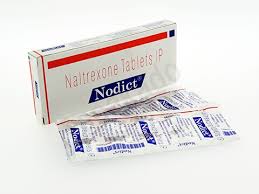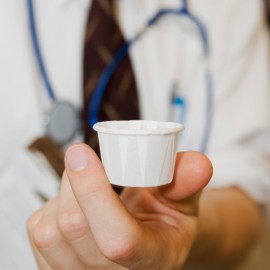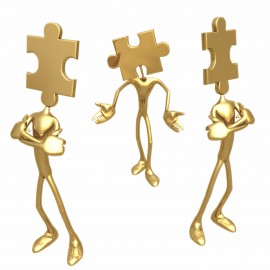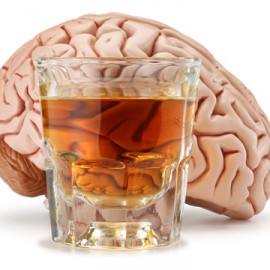Topic: treatment models
Alcoholism Medications– and Alcoholics
An alcoholic can self-regulate consumption for periods given the support from a research project, but when that support ends, a return to previous behavior is likely.
Topics: addiction medications, alcoholism, craving, treatment models
Ideology Wars
If Project MATCH had it right, and all three work but none works significantly better than the others– then what’s all the argument about?
Topics: 12Step, cognitive behavioral therapy, motivational enhancement therapy, program development, rational emotive therapy, treatment models
Science vs. Science
Pundits are always telling us that science proves this or that, but when we look closer, we find it proves neither.
Topics: bad information, research, treatment models
Fear of the Disease Model
Many clinicians don’t view addiction as a disease, which they believe relieves them of the need to learn much about its pathophysiology.
Topics: disease model, models of addiction, treatment models
Effective Group Design: Shared Understanding pt. 2
Where AA influences alcoholics toward sobriety through its peer culture, the gang down at the local pub is likely to encourage them to drink through its version of a peer culture.
Topics: clinician skills, groups, treatment models
Effective Group Design: Shared Understanding pt. 1
Not everyone attaches the same meaning to a particular term. This problem pops up a lot in counseling, treatment, and similar settings.
Topics: clinician skills, groups, treatment models
Effective Group Design: Assumptions
Building the group model around that common experience, and change-specific tasks or goals, may increase the chances for a successful outcome.
Topics: clinician skills, groups, treatment models
Easier, Softer Way
One thing’s for sure: it’ll be popular, because your typical alcoholic would rather not quit if he could think of an alternative.
Topics: addiction medication, craving, MAT, treatment models















